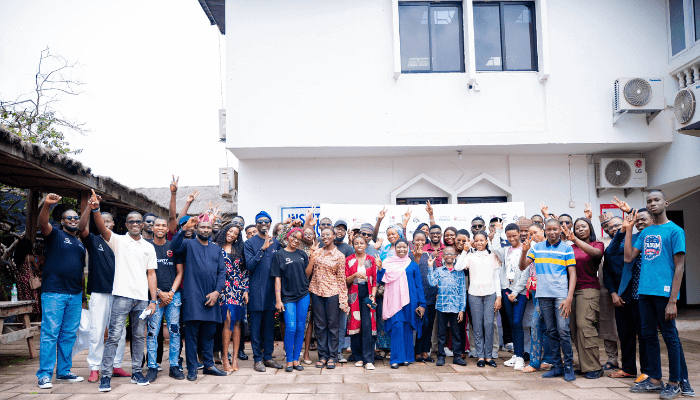Immersive Tech Africa has empowered 100 African youths with XR development skills to prepare them for future work.
The 10-week hybrid training, designed to equip participants with practical extended reality skills, concluded with a showcase of developed virtual and augmented reality projects, underscoring the transformative potential of these technologies in Africa.
“Our mission is to empower 10,000 VR/AR content creators by 2030. We view XR as a transformative tool, particularly in education and cultural preservation,” said Arome Ibrahim, executive director, Immersive Tech Africa, recently.
“By equipping youths with these skills, we’re helping shape Africa’s future,” Ibrahim said.
He noted that progress is visible, particularly in Nigeria, South Africa, and Kenya, where XR adoption is growing thanks to community-driven initiatives.
He further said the XR launchpad is integral to this mission, providing hands-on training with VR hardware and expert mentorship. Modules covering augmented reality design, 3D modelling and unreal engines, enable participants to acquire practical skills and inspire innovation.
Report shows that 69 percent of African XR professionals work as freelancers or in startups, fueling a dynamic ecosystem of local talent.
Zulkarnian Sarki and Trypeha Ojile, who are both leads for technical training and programmes at the organisation, said the curriculum for the XR innovation launchpad was well curated to onboard participants with no XR skills before fully diving into coding and 3D modelling environments.
According to them, this approach made it flexible for the participants to learn at their own pace.
Amongst the participants, three top projects were showcased by students reflecting their understanding of XR application. Oladipo Tolu showcased architectural visualisation, Chidinma Ahunanya raised awareness of Juvenile Arthritis, and Lawal Opeyemi brought wildlife conservation to life through XR.
As XR adoption continues, it opens new avenues for creative expression, business innovation, and problem-solving across sectors like education, healthcare, and cultural heritage.
With support from community programmes and partnerships, Africa is poised to become a significant player in the global XR industry.
The global extended reality market, which includes augmented reality, virtual reality, and mixed reality, reached $29.26 billion in 2022 and is expected to surpass $100 billion by 2026, data shows.
Ibrahim reiterates that the organisation’s long-term vision is to build a resilient digital economy across the continent.
“By investing in XR training, the organisation aims to ensure that African creators remain at the forefront of the industry. The XR innovation launchpad exemplifies this vision, offering African youths the tools and opportunities to thrive in the digital landscape,” he said.
